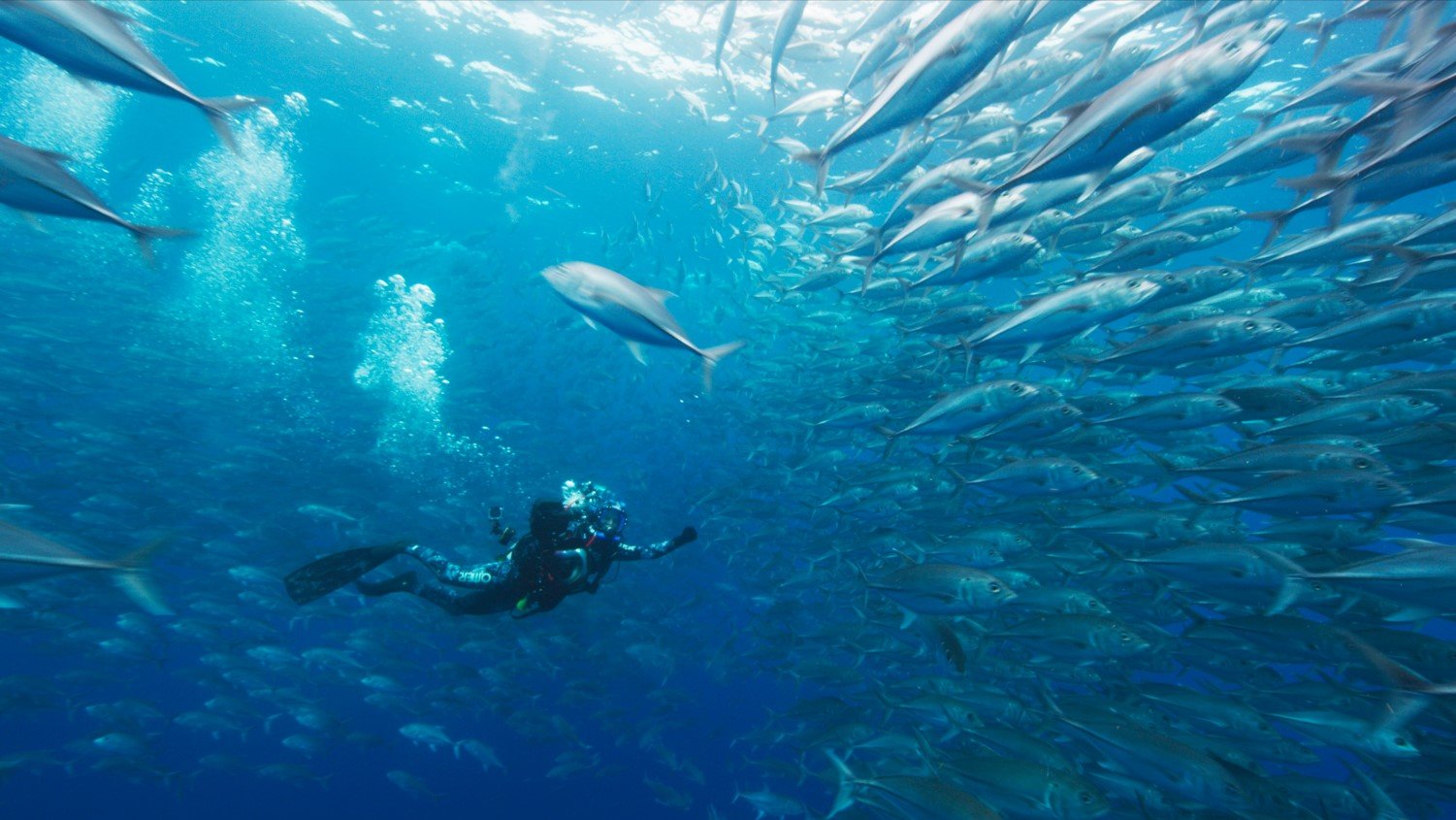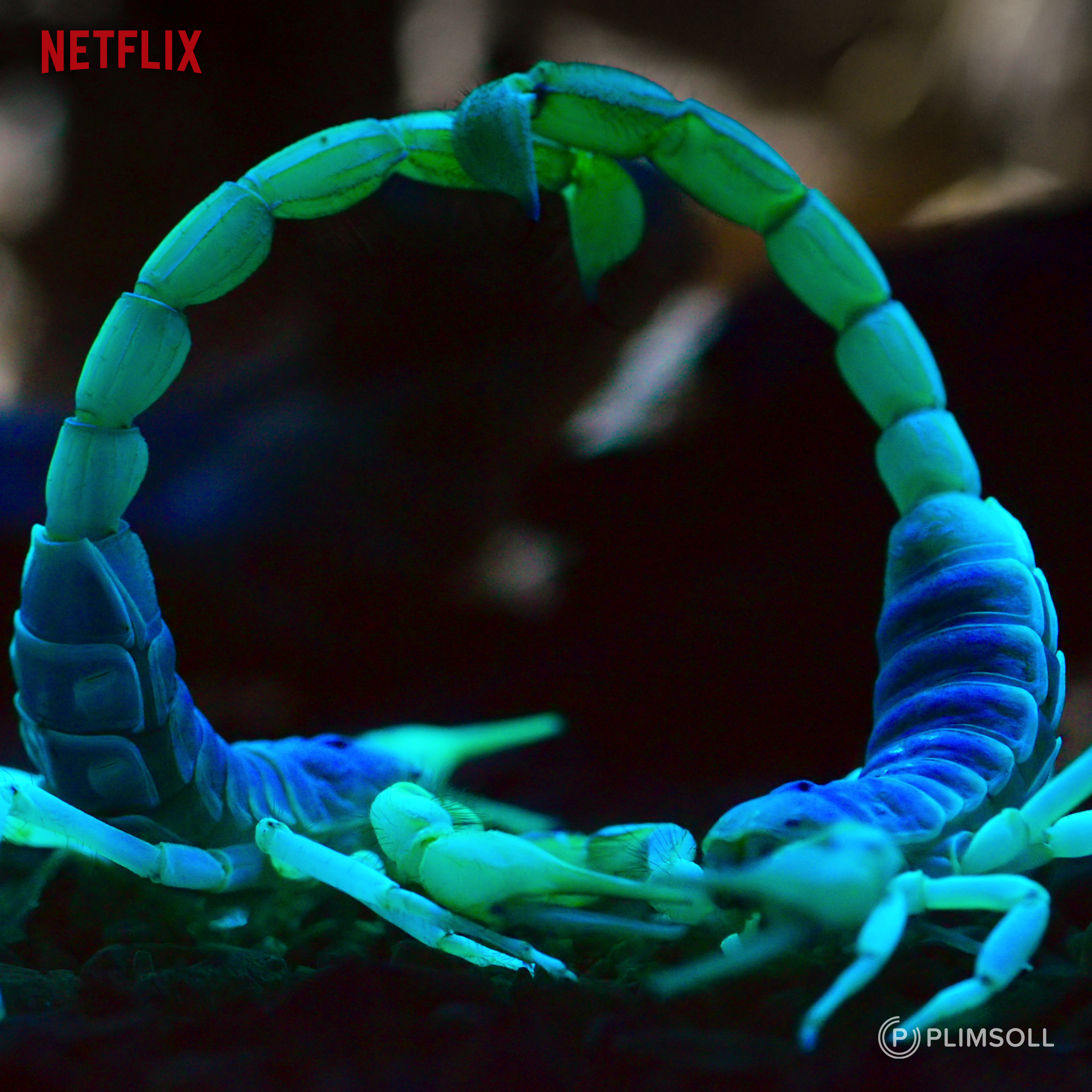The Earthshot Prize has been designed to find and grow the solutions that will repair our planet this decade. Warming temperatures, pollution and harmful fishing practices are having a devastating impact on our oceans, but our three ‘Revive our Oceans’ finalists for The Earthshot Prize 2022 have developed solutions so that our oceans can thrive.
Human activities and the climate crisis are decimating underwater seaweed forests. The team at SeaForester utilize an ingenious solution: “green gravel”. Unlike trees, seaweed needs no soil or fertiliser. Seaweed spores are seeded onto small stones and scattered into the ocean. The stones latch on to the underlying reef, the seaweed grows and multiplies, spreading across the ocean floor.
To read more about the SeaForester project please click here













































